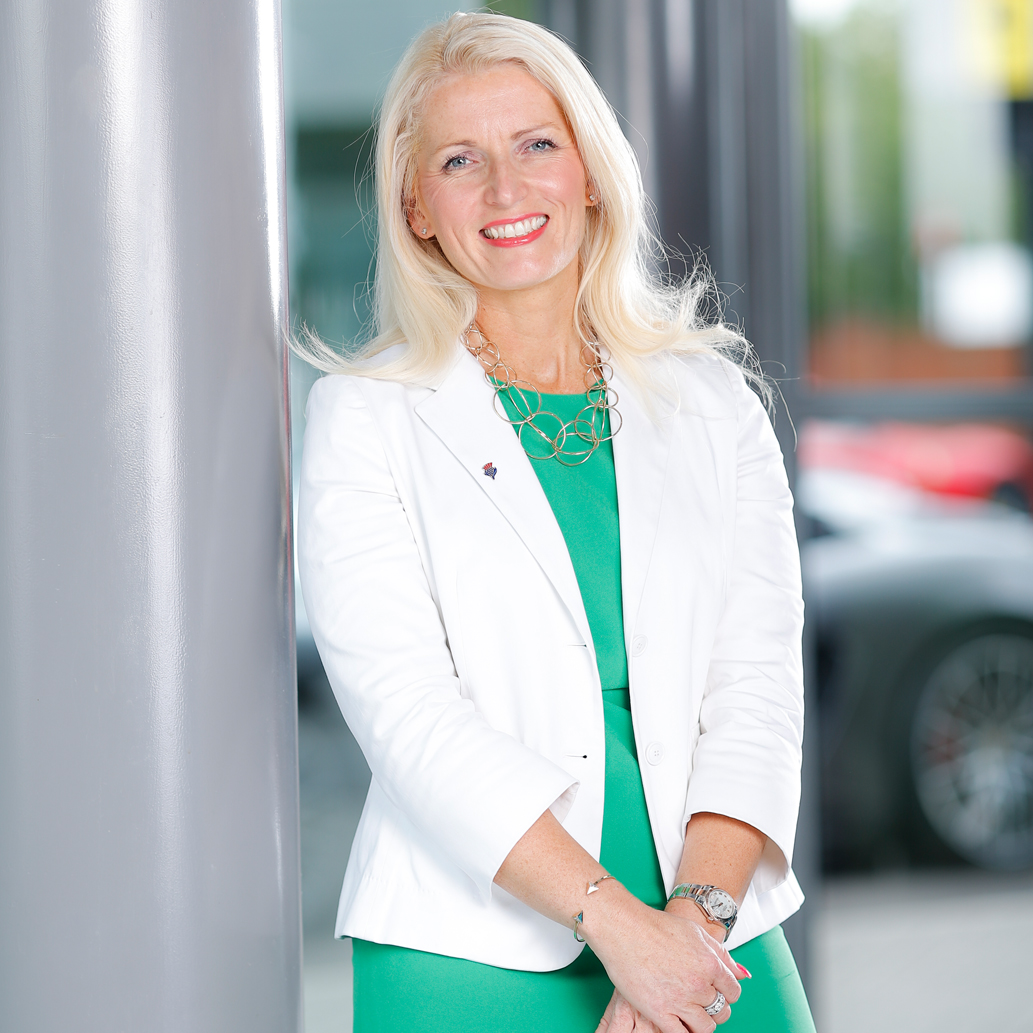The automobile has come a long way since Henry Ford’s rickety Model T rattled off the production line. Technology has taken the basic premise and, through evolution and innovation, electric power is a reality today and autonomous vehicles are on the horizon. Daunting prospect or exciting future vision? Whatever your perspective, it means massive and radical change to how we fuel cars, drive cars and buy cars.







